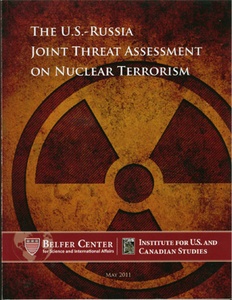
This kind of information should be spread as fast as possible. – Tom
Diebold voting machines can be hacked by remote control
Exclusive: A laboratory shows how an e-voting machine used by a third of all voters can be easily manipulated
Brad Friedman, Salon, 27 September 2011
It could be one of the most disturbing e-voting machine hacks to date.
Voting machines used by as many as a quarter of American voters heading to the polls in 2012 can be hacked with just $10.50 in parts and an 8th grade science education, according to computer science and security experts at the Vulnerability Assessment Team at Argonne National Laboratory in Illinois. The experts say the newly developed hack could change voting results while leaving absolutely no trace of the manipulation behind.
Phi Beta Iota: The two political parties and the Department of Justice under varied Administrations have known of all this since the Diebold machines were first introduced and their CEO bragged publicly that he would “deliver” the next election to George Bush Junior. What kind of Nation is so stupid and so apathetic as to tolerate this kind of pervasive electoral crime?
See Especially:
For $26 and an 8th Grade Education, You Can Hack a Voting Machine
Two of the lead researchers in the study were able to demonstrate a number of different ways that voting machines could be hacked. They used a $1.29 microprocessor and a circuit board that costs about $8, along with a $15 remote control. They demonstrated that the cheap hack worked from over a half-mile away.
See Also:
Journal: The U.S. electoral system is in danger, once again.
Review: Grand Illusion–The Myth of Voter Choice in a Two-Party Tyranny
Wikipedia entry for “Diebold Election Systems” which was acquired by “Premiere Election Solutions” then by “Election System & Software” (ES&S) which was then acquired by “Dominion.”






